Related Research Articles
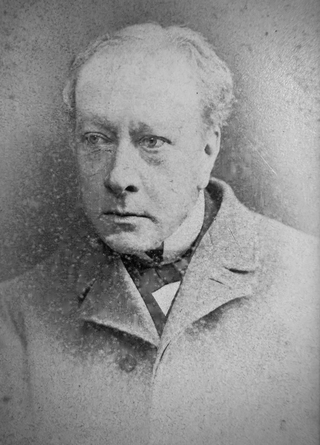
John Smith (1825–1910) was a Scottish dentist, philanthropist and pioneering educator. The founder of the Edinburgh school of dentistry, he served as president of the Royal College of Surgeons of Edinburgh (1883) and president of the British Dental Association. He was the official surgeon/dentist to Queen Victoria when in Scotland.

James Begbie was a Scottish medical doctor who served as president of the Medico-Chirurgical Society of Edinburgh (1850–2) and as president of the Royal College of Physicians of Edinburgh (1854–6).

Sir Andrew Douglas MaclaganPRSE FRCPE FRCSE FCS FRSSA was a Scottish surgeon, toxicologist and scholar of medical jurisprudence. He served as president of 5 learned societies: the Royal Medical Society (1832), the Royal College of Surgeons of Edinburgh (1859–61), the Royal College of Physicians of Edinburgh (1884–87), the Royal Society of Edinburgh (1890–5), and the Royal Scottish Society of Arts (1900).
Andrew Duncan, the younger was a British physician and professor at the University of Edinburgh.

Dr John Graham MacDonald Burt FRSE LLD (1809–1868) was an eminent Scottish physician and medical author.

David Maclagan MD, FRSE, FRCSEd, FRCPE was a prominent Scottish medical doctor and military surgeon, serving in the Napoleonic Wars. He served as President of both the Royal College of Physicians of Edinburgh and the Royal College of Surgeons of Edinburgh. He was Surgeon in Scotland to Queen Victoria.

Robert James Blair Cunynghame of Cronan, FRCSEd, FRSE JP was a prominent Scottish surgeon, physiologist and early forensic scientist in the late 19th century. He served as President of the Royal College of Surgeons of Edinburgh from 1891 to 1893. He is said to have had a calm, beautiful face and his opinion was used as a benchmark to medical thought.
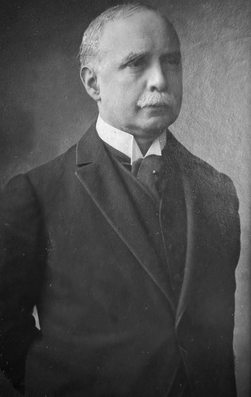
Sir Robert William Philip was a Scottish physician and pioneer in the treatment and control of tuberculosis.

Patrick Small Keir Newbigging FRSE FRSSA FRCSE (1813–1864) was a Scottish surgeon and general practitioner. He was President of the Royal Medical Society and of the Royal Scottish Society of Arts. Together with his father, Sir William Newbigging he formed one of the few father-son pairs of former Presidents of the Royal College of Surgeons of Edinburgh. His observations on the origin of the heart sounds and of the apex beat of the heart made a significant contribution to the debate.
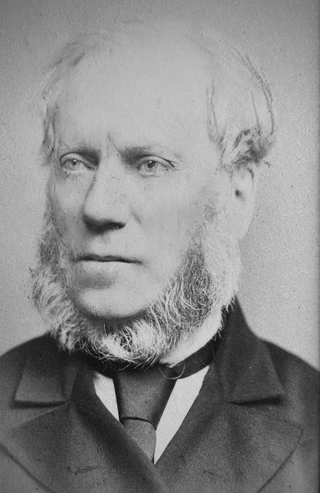
James Dunsmure FRSE FRCSEd was a Scottish surgeon. He served as President of the Royal College of Surgeons of Edinburgh.

Dr Robert Peel Ritchie MD FRSE PRCPE (1835-1902) was a Scottish physician and medical historian.
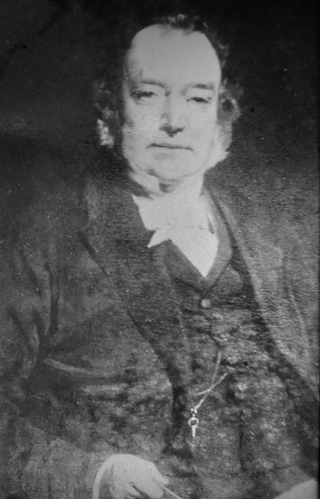
Dr William Seller FRSE PRCPE was a Scottish physician and botanist. From 1848 to 1850 he was President of the Royal College of Physicians of Edinburgh.
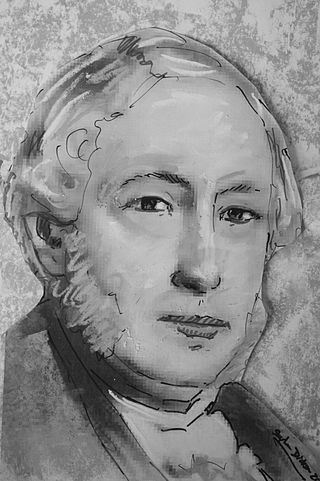
Sir William Newbigging FRSE FRCSEd FRGS was a Scottish surgeon who served as President of the Royal College of Surgeons of Edinburgh from 1814 to 1816. He was a keen amateur geographer.
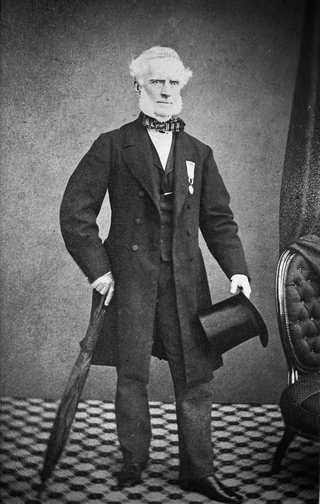
Samuel Alexander Pagan MD FRSE FRCSEd (1793–1867) was a 19th-century Scottish surgeon and obstetrician. He served as President of the Royal College of Surgeons of Edinburgh from 1846 to 1848 and President of the Harveian Society in 1849.
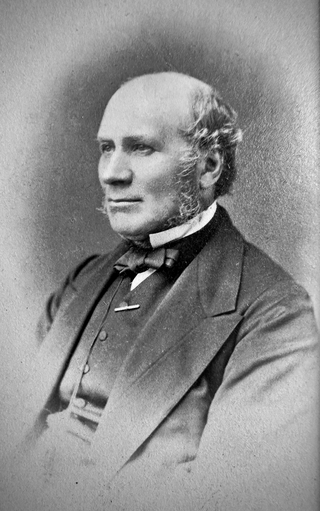
Andrew Wood MD FRCSEd FRSE LLD was a 19th-century Scottish surgeon who served as President of the Royal College of Surgeons of Edinburgh from 1855 to 1857.

William Wood FRCSEd FRSE was a 19th-century Scottish surgeon who twice served as President of the Royal College of Surgeons of Edinburgh, twice as President of the Medico-Chirurgical Society and once as President of the Harveian Society.

Arthur Henry Havens Sinclair MD FRSE FRCSEd LLD was a 20th-century Scottish ophthalmologist. He was a pioneer of quantitative perimetry, introducing this technique of visual field testing to Britain. Sinclair also introduced the operation of intracapsular extraction of the lens for cataract into the UK. He was President of the Ophthalmological Society of the United Kingdom from 1931 to 1933 and was President of the Royal College of Surgeons of Edinburgh from 1933 to 1935. He was Surgeon-Oculist to King George VI in Scotland.

Dr John C. Douglas Smith FRSE PRCPE was a 19th-century Scottish physician specialising in treating the insane, who served as President of the Royal College of Physicians of Edinburgh from 1865 to 1867.

James Dunsmure FRCSEd was a Scottish physician and obstetrician who, as his father had done before him, served as President of the Royal College of Surgeons of Edinburgh.

James Simson, FRCSEd was a Scottish surgeon, who worked for most of his career at the New Town Dispensary and was surgeon to the Edinburgh prison. He was president of the Royal College of Surgeons of Edinburgh from 1844-45 and again in 1873.
References
- ↑ Biographical Index of Former Fellows of the Royal Society of Edinburgh 1783–2002 (PDF). The Royal Society of Edinburgh. July 2006. ISBN 0-902-198-84-X. Archived from the original (PDF) on 4 March 2016. Retrieved 24 June 2017.
- ↑ Edinburgh and Leith Post Office Directory 1820-21
- ↑ Minute Books of the Aesculapian Club. Library of the Royal College of Physicians of Edinburgh.
- ↑ Watson Wemyss, Herbert Lindesay (1933). A Record of the Edinburgh Harveian Society. T&A Constable, Edinburgh.
- ↑ London Gazette May 1831
- ↑ "Robert Lee grave monument details at Dean 2a Cemetery, Edinburgh, Lothian,Scotland". www.gravestonephotos.com.
- ↑ "FamilySearch.org" . FamilySearch .